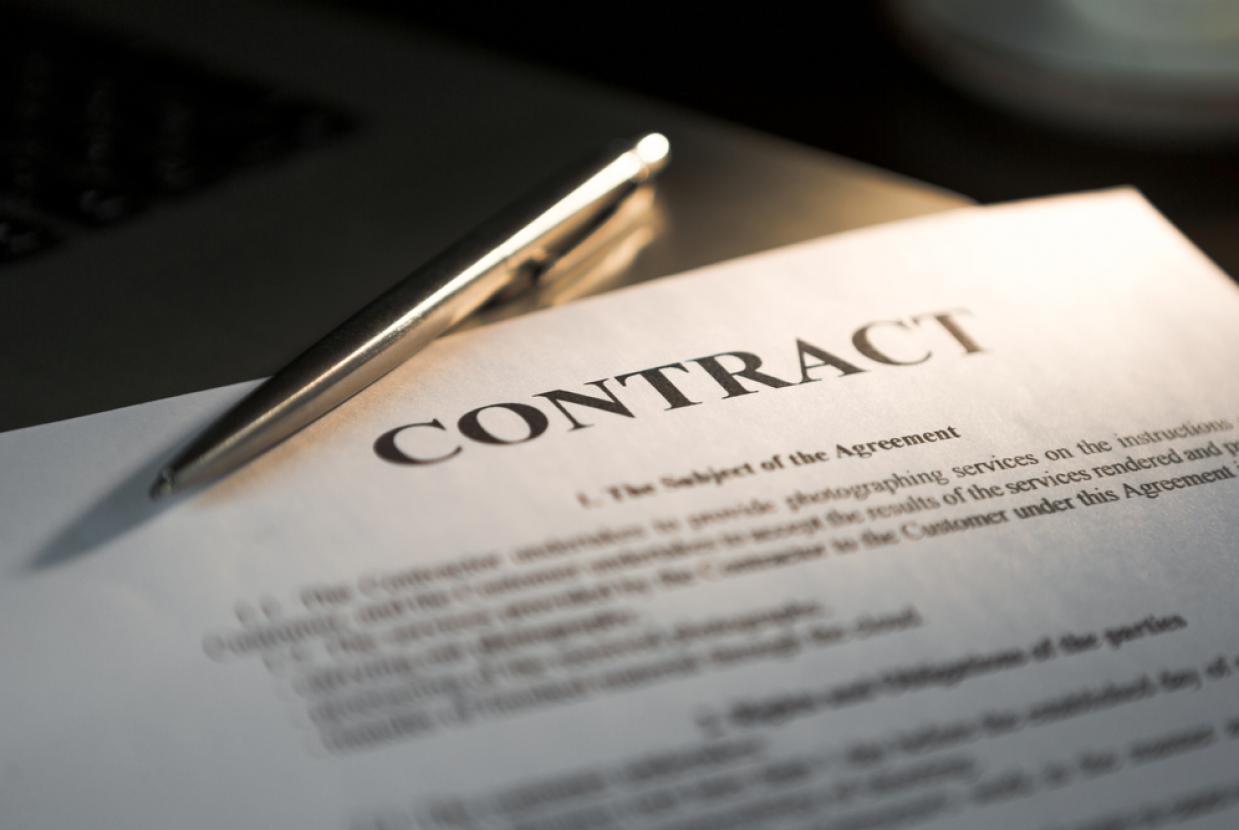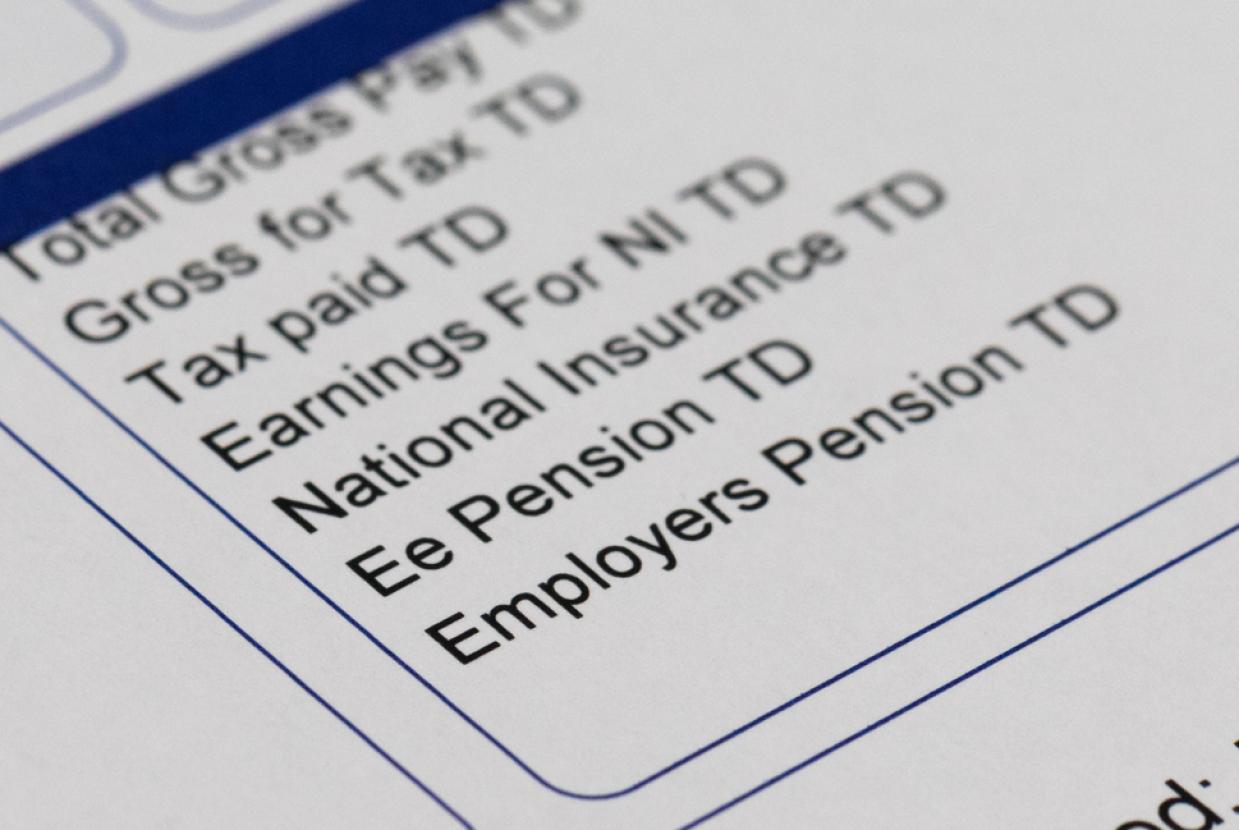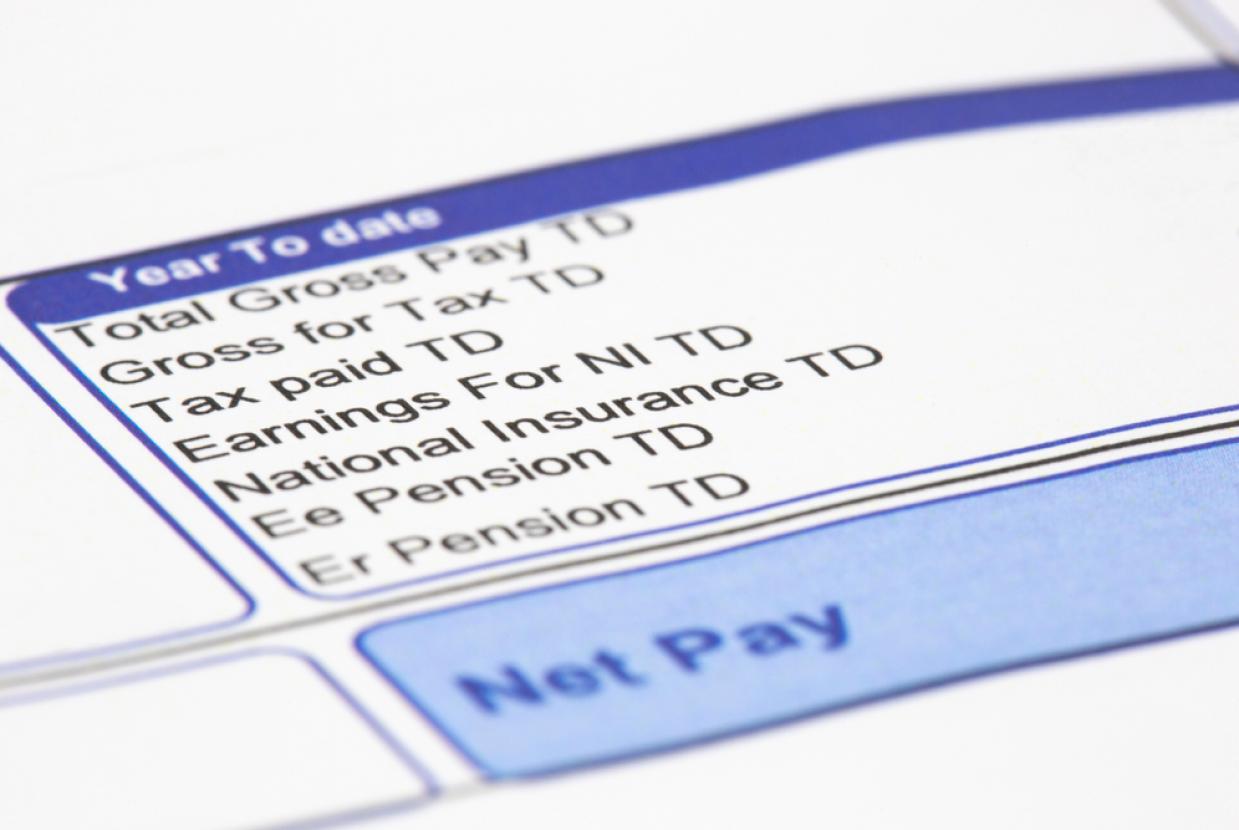Sorting Your Money On Divorce or Dissolution
Our ‘Divorce & Separation’ section is available to give you all the guidance you need when it comes to managing your finances during a relationship break-up.
When you begin a divorce or dissolution of your civil partnership, you might be able to sort out some of it between you and your ex-partner or you might need a solicitor. This will depend on lots of things, including how easily you and your ex-partner can talk about money.
Work out how much professional help you need
When working out how much help you need, there are several options:
- You can arrange everything on your own or use a low-cost, online service.
- You can arrange for one or two advice sessions with a solicitor, but deal with the forms and paperwork yourself.
- You can use a mediator – an impartial person – to help you and your ex-partner (husband, wife or civil partner) reach an agreement.
- You can use a solicitor to help you throughout the process.
Bear in mind that sorting out your financial settlement could get very expensive if you have lots of face-to-face meetings and phone calls. Especially if it takes months for you both to agree. If you can, try to avoid arguing with your ex-partner through your solicitor.
Will separating your finances be easy?
There’s no simple rule on whether it’s better to sort out your divorce or dissolution on your own, or if you should get professional help.
Lots of break-ups become bitter or lengthy because couples can’t agree on how to split their finances. If this happens, you might need some professional help.
Agreeing about your finances will be easier if:
- you both agree to the divorce or dissolution
- you don’t have children, or your children are grown-up and don’t depend on you financially
- one of you doesn’t financially depend on the other
- you agree how you should split your property and pensions, or you can discuss the options amicably with your ex-partner.
Sorting out your divorce or dissolution yourself
In England and Wales
You can choose to sort out your divorce or dissolution on your own or you can use a low-cost, online service. More people are doing this, although most still use a solicitor, mediator or other professional for help or advice.
In Scotland
The do-it-yourself option is set out in law and called ‘simplified’ divorce or dissolution. But not every couple can use this procedure. For example, you can’t use it if:
- you have children under the age of 16, or
- you’re making a financial claim against your ex-partner – such as for a share of the house or pension.
In Northern Ireland
When you divorce or dissolve your civil partnership, you have to appear in person before a judge in a county court or a High Court. But you can appear in court as a ‘personal petitioner’, without having to use a solicitor. Sorting out your divorce or dissolution yourself is cheaper and you have direct control over what you do.
But unless you and your ex-partner can agree who gets what fairly and without arguing, it might not be the best option.
Signs that separating your finances might be complicated
The more complicated your financial situation is, the longer it's going to take to reach an agreement and separate your money. And you’ll probably need professional help. See if any of these apply to you. The more that do, the more likely it is you’ll have a complicated separation:
- One (or both) of you owns a business.
- One of you depends financially on the other.
- One of you doesn’t agree to the divorce or dissolution.
- You have children who still depend on you financially.
- You’ve been married or in a civil partnership for more than five years.
- One of you has a medical problem or disability that affects your ability to earn an income.
- One of you has given up work to bring up your children, which affects your ability to earn an income.
- One of you has more assets than the other – for example, the house is in one person’s name, or one of you has built up a much bigger pension than the other.
Do’s and don’ts of divorce or dissolution
When you’re negotiating with your ex-partner, try to follow these tips.
Do
- Try to reach agreement with your ex-partner about who’ll pay bills in the short term.
- Try to agree as much as you can with your ex-partner – it’ll save time and money.
- Be aware that what you think is ‘fair’ and how your money might be divided in law can be two completely different things.
Don't
- Don’t do things like running up debts on joint accounts, freezing an account without telling them or not making payments you’ve agreed to.
- Don’t make a decision that could make you feel better in the short term, but which could be bad for you – and your ex-partner – in the long term.
- Don’t ignore bills or letters from your bank or companies you owe money to. The earlier you contact them or ask an advice charity for help, the more options you’re likely to have.
Your next step
It’s also worth taking a look at our guide Your options for legal or financial advice on divorce or dissolution.
































